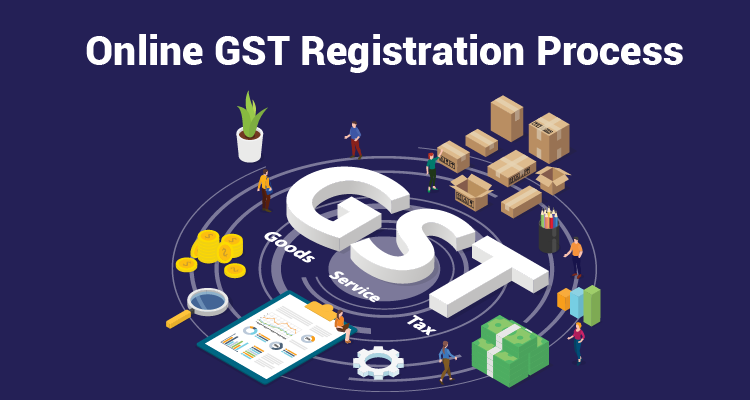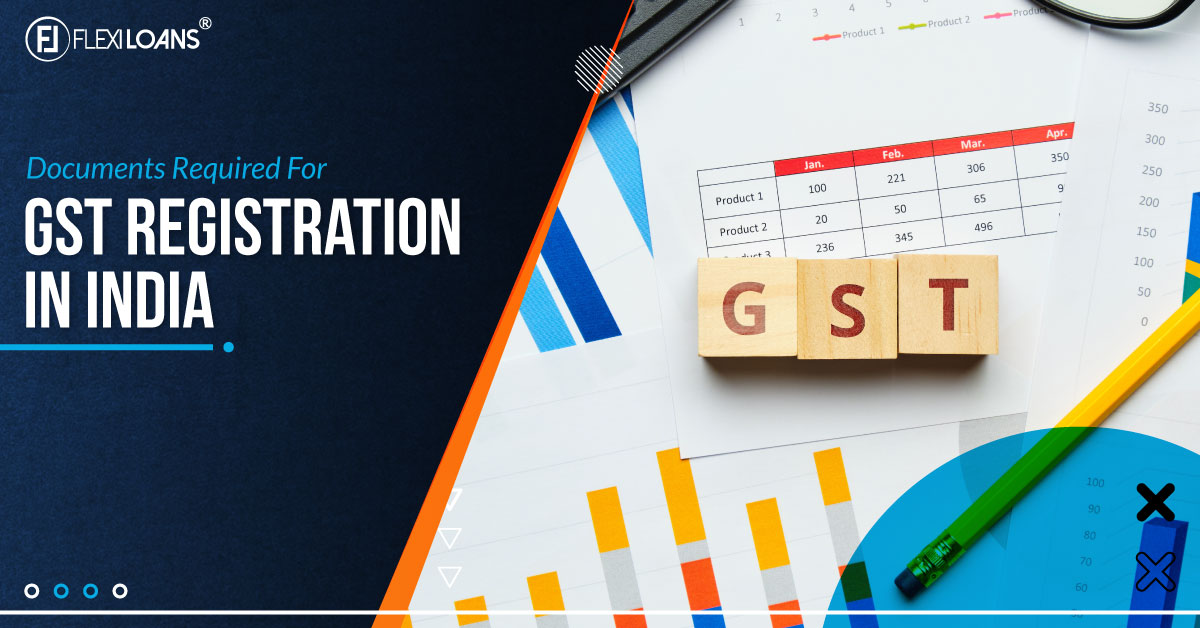Singapore GST Registration: What You Required to Know Before Using
Wiki Article
The Ultimate Overview to Simplifying the GST Registration Process and Requirements for Small Company Owners

Understanding GST Basics
To comprehend the principles of the Product and Solutions Tax Obligation (GST) system, small company owners should first recognize its underlying implications and principles. GST is a value-added tax obligation imposed on many products and solutions for domestic intake. It aims to streamline the tax procedure by replacing several indirect tax obligations enforced by the state and central federal governments. Under the GST regimen, businesses are needed to register and collect tax on part of the government, making certain transparency and conformity.Among the vital concepts of GST is input tax obligation credit, which allows organizations to claim credit scores for tax obligations paid on their purchases. This device avoids the plunging impact of taxes and promotes efficiency in the tax system. Additionally, GST is a destination-based tax, implying that the tax is imposed at the point of usage instead of the factor of beginning. This makes sure reasonable circulation of tax profits among states based upon where the goods or solutions are eaten. Understanding these fundamental concepts is vital for local business owners to browse the intricacies of the GST system and make sure compliance with the law.
Qualification Standards for Enrollment
Having developed a fundamental understanding of GST concepts, small service owners need to now satisfy specific qualification criteria to wage the enrollment process. In India, entities took part in the supply of goods or services with a yearly accumulation turn over surpassing Rs. 40 lakhs (Rs. 10 lakhs for special group states) are required to register for GST. In addition, particular businesses such as those included in inter-state supply of goods, casual taxed persons, and those needed to pay tax obligation under the reverse cost mechanism must register for GST regardless of their turn over. In addition, businesses that were registered under the previous tax program (VAT, solution tax obligation, and so on) are likewise mandated to register under GST. Nevertheless, farming businesses that just provide generate out of main manufacturing are excluded from GST enrollment. It is crucial for company owner to carefully assess their qualification based on these standards to make certain conformity with the legislation and stay clear of any charges for non-compliance.Records Needed for GST Enrollment

Simplified Registration Process Actions
Complying with the collection and verification of the requisite files, the enrollment procedure for GST can be navigated with a collection of simplified steps developed to facilitate reliable conformity for little company owners. Upon effective confirmation, an Application Reference Number (ARN) is released, suggesting the conclusion of the GST enrollment process. By following these streamlined actions, small business owners can effectively sign up for GST and make sure compliance with tax obligation policies.Tips for Ensuring Compliance
To maintain governing adherence and operational integrity, diligent oversight and positive measures are critical in ensuring conformity with GST needs for small company owners. Small company owners must remain upgraded with GST policies, submitting target dates, and any changes in tax prices to prevent penalties and keep an excellent standing with tax obligation authorities. One necessary idea for conformity is to maintain accurate and thorough records of all purchases, including receipts, billings, and expenditures connected to GST. On a regular basis fixing up monetary documents with GST returns can assist in identifying and correcting any kind of inconsistencies immediately. Additionally, carrying out routine interior audits or looking for expert assistance can guarantee that business is complying with all GST rules appropriately. It is additionally crucial for small company proprietors to buy GST-compliant audit software application that can improve the tax obligation filing procedure and reduce errors. Participating in GST understanding workshops or training programs can improve understanding and conformity with GST regulations, eventually profiting the company in the lengthy run.
Verdict
In my company final thought, small company owners have to comprehend the basics of GST, satisfy the eligibility standards, collect essential files, and comply with the simplified enrollment procedure steps to guarantee compliance. By simplifying the GST registration procedure and requirements, little service proprietors can prevent charges and operate their services smoothly within the lawful structure - Singapore GST Registration. It is important for local business proprietors to remain compliant and informed with GST guidelines to preserve an effective company operationSmall company owners looking for GST enrollment must ensure they collect and submit the needed records to complete the enrollment procedure efficiently. The records required for GST enrollment normally include proof of service registration or unification, PAN (Long-term Account Number) card of the company entity, address and identity evidence important site of the promoters/partners/directors, photographs, address proof of the place of business, financial institution account statements or canceled cheques, and consent forms. Attending GST recognition workshops or training programs can boost understanding and compliance with GST regulations, inevitably profiting the company in the long run.
By simplifying the GST registration process and demands, little business owners can stay clear of penalties and run their organizations smoothly within the legal framework. It is crucial for little company proprietors to remain compliant and educated with GST policies to keep a successful service operation.
Report this wiki page